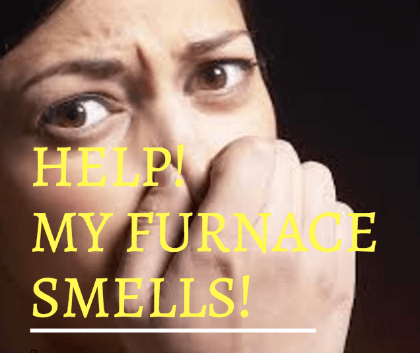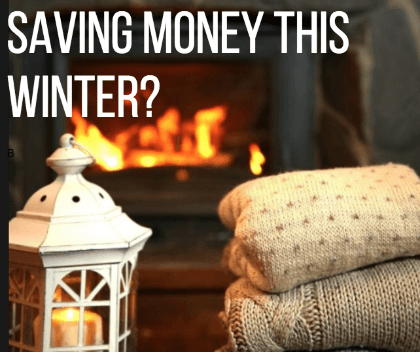The thought of winter heating bills is enough to send a shiver up your spine, in addition to the one caused by the chilly air! The good news is that there are many steps you can take to “winterize” your house and help keep your heating costs in check! However, even though your blood might not be circulating, myths about energy cost savings are.
Here are some of the popular ones, and why they are flat-out false:
Boost the thermostat to boost the heat.
Contrary to popular belief, your living space does not get warmer faster if you turn the heat way up. The thermostat does not crank out hotter air in this case the more you turn it up, it just runs for much longer than necessary. If you’re trying to get to that 68-degree sweet spot, turn the thermostat to 68 degrees, not 80! This way, your furnace is not wasting energy by running after the target temperature is reached. Then you won’t have to remember to re-adjust the thermostat and you won’t be paying extra!
Wood fireplaces are cheap and efficient!
Although we wish it were true, for nostalgia and satisfaction’s sake, this is another winterizing myth. As much fun as it is to sit around a fire and stay warm on a winter evening, traditional fireplaces aren’t very efficient at heating an entire living space. Most of the hot air is funneled up the chimney and into the frigid night. If you want to explore the wood-burning route, there are newer, more efficient freestanding stoves certified by the EPA that can save furnace use. Having cheap (or free!) source of firewood doesn’t hurt either.
Space heaters can save a lot of money.
The truth is that space heaters are far less efficient than traditional heating methods. They simply cannot adequately heat a space a well as a furnace or boiler. This is especially true if your furnace runs on gas or propane; electricity is more expensive than gas, which means costs can be amplified in the winter months.
There are instances where a space heater can save money, though. One of which includes using a space heater in smaller rooms and lowering the thermostat for the rest of the house. If you’re using them in larger spaces, then it’s more efficient to keep your thermostat at a normal temperature.
Winterizing my house is too expensive!
While upgrading the heat retaining ability of your home can certainly take a dent out of your wallet, not every winterizing step has to be detrimental to your finances.
For instance, insulating window wraps and rubber door sealers are cheap, effective ways to stop chilling drafts from blowing through your home. You or a friendly handyman can take a caulking gun to seal up any holes in your siding or roof. Heavy curtains over larger windows can keep cold air from reaching your toes, too! For more ideas and energy-saving tips, visit the EPA’s website. Be proactive in guarding your energy bill this winter and you’ll be pleased with the results!








